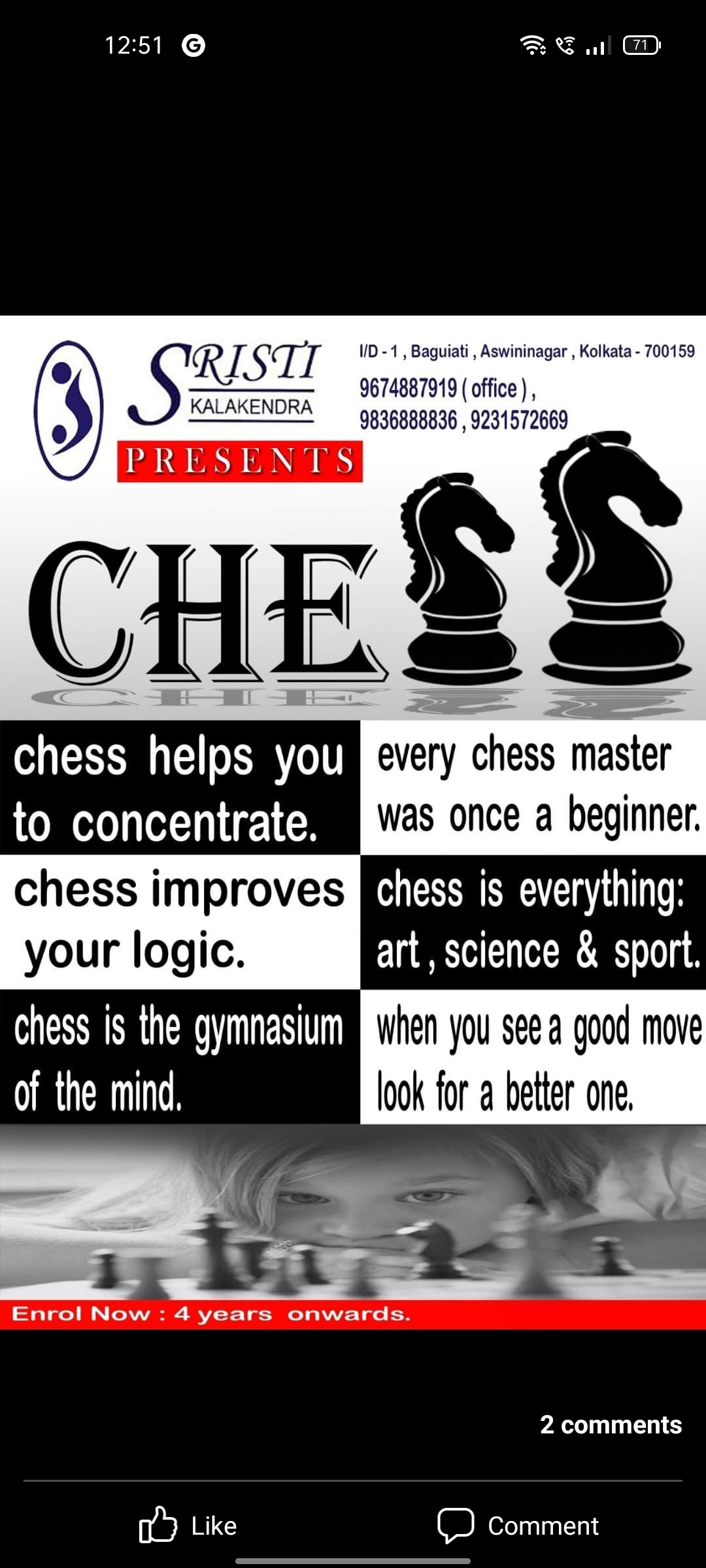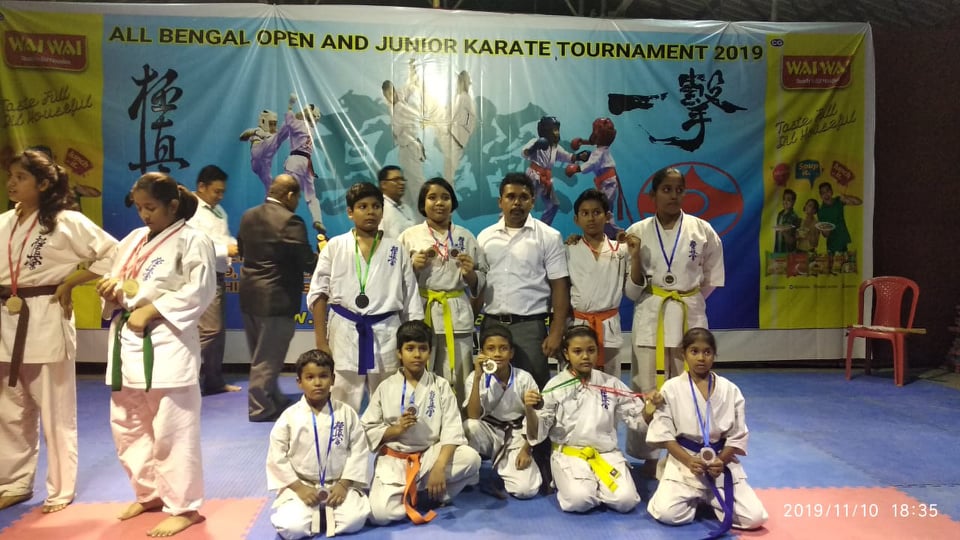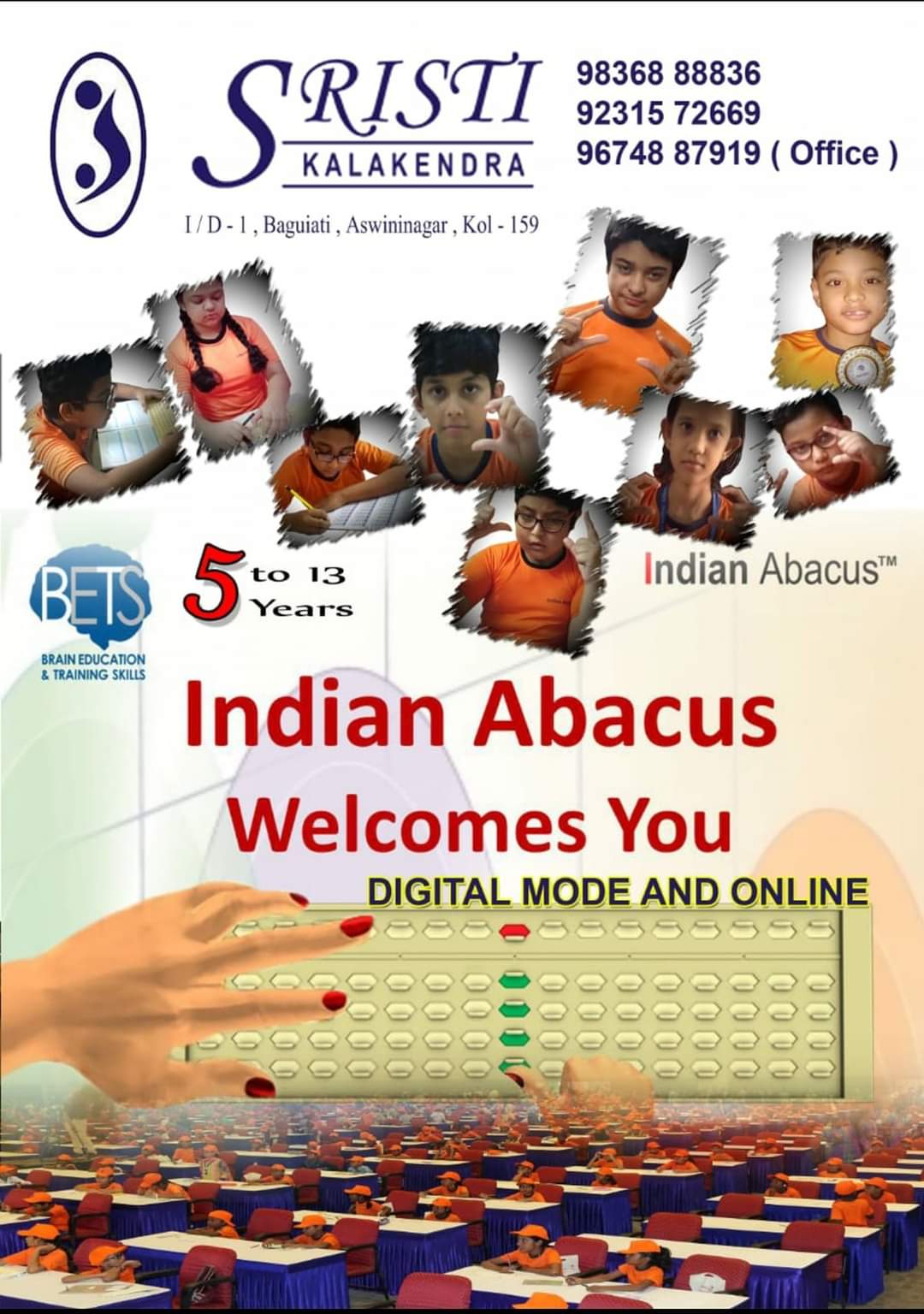Chess is a board game for two players. It is sometimes called Western chess or international chess to distinguish it from related games, such as xiangqi (Chinese chess) and shogi (Japanese chess). The current form of the game emerged in Spain and the rest of Southern Europe during the second half of the 15th century after evolving from chaturanga, a similar but much older game of Indian origin.


Karate (空手) (/kəˈrɑːti/; Japanese pronunciation: [kaɾate] (listen); Okinawan pronunciation: [kaɽati]) is a martial art developed in the Ryukyu Kingdom. It developed from the indigenous Ryukyuan martial arts (called te (手), "hand"; tii in Okinawan) under the influence of Chinese martial arts, particularly Fujian White Crane.[1][2] Karate is now predominantly a striking art using punching, kicking, knee strikes, elbow strikes and open-hand techniques such as knife-hands, spear-hands and palm-heel strikes.
Yoga (/ˈjoʊɡə/ (listen);[1] Sanskrit: योग, lit. 'yoke' or 'union' pronounced [joːɡɐ]) is a group of physical, mental, and spiritual practices or disciplines which originated in ancient India and aim to control (yoke) and still the mind, recognizing a detached witness-consciousness untouched by the mind (Chitta) and mundane suffering (Duḥkha). There is a wide variety of schools of yoga, practices, and goals[2] in Hinduism, Buddhism, and Jainism,[3][4][5] and traditional and modern yoga is practiced worldwide.[


The abacus (plural abaci or abacuses), also called a counting frame, is a calculating tool which has been used since ancient times. It was used in the ancient Near East, Europe, China, and Russia, centuries before the adoption of the Hindu-Arabic numeral system.[1] The exact origin of the abacus has not yet emerged. It consists of rows of movable beads, or similar objects, strung on a wire. They represent digits. One of the two numbers is set up, and the beads are manipulated to perform an operation such as addition, or even a square or cubic root.p>